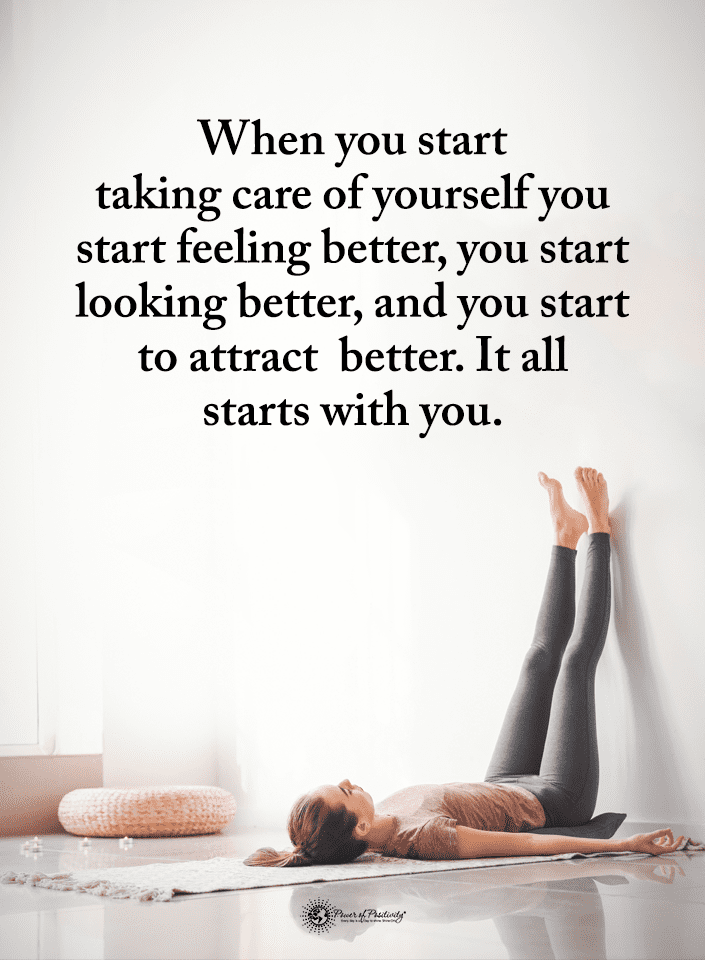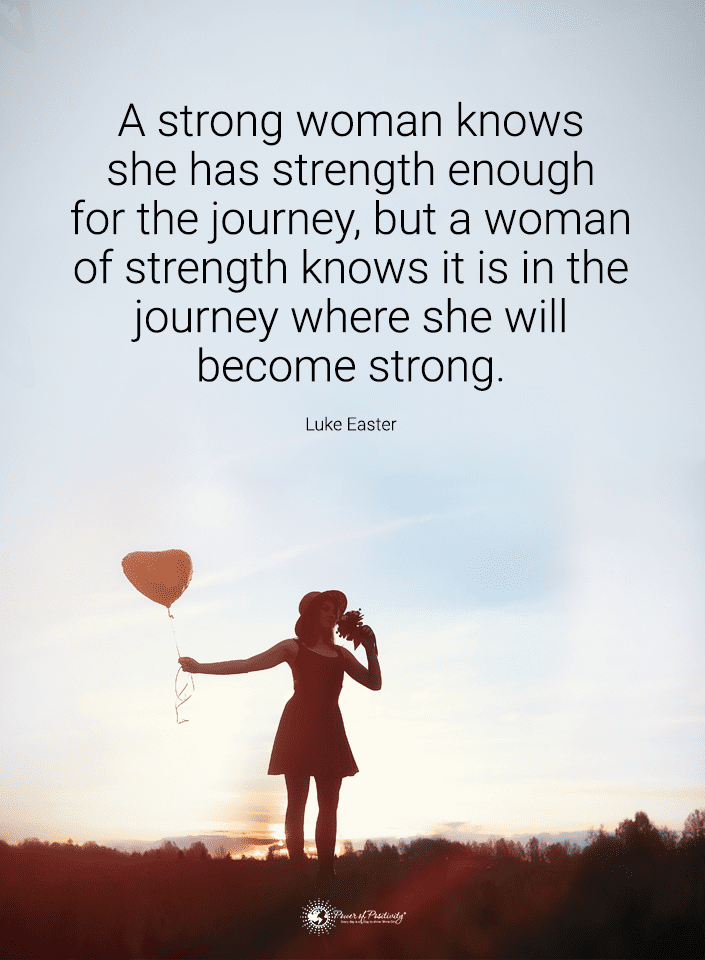Here’s how to tell when a woman is in pain.
Exploring the intricate facets of emotional pain and its profound impact on women unveils a complex tapestry woven with resilience and vulnerability. Exploring the complicated facets of emotional damage and its profound effect on women reveals an intricate tapestry woven with resilience and vulnerability.
These signs, akin to subtle cries for help, underscore the significance of creating spaces where individuals can heal and reclaim their emotional well-being. As relationships navigate the delicate landscape of relationships with emotional barriers in women, understanding these signs becomes an invaluable tool for building bridges of connection.
The journey into understanding emotional damage in women invites us to dig deeper, peel back the layers, and unearth the narratives that shape their experiences. It’s about recognizing that each sign is a fragment of a larger story that deserves acknowledgment, validation, and healing. So, shedding light on these signs leads down a path that leads to restoring emotional health and empowering women to rewrite their narratives.
Note: These actions reveal a woman with pain. We acknowledge that men, too, carry past trauma – and we discuss males in a separate article.
The Ramifications of Emotional Damage
Emotional damage’s echo can particularly resonate in women’s lives, revealing itself through myriad manifestations of emotional pain. These unique and intricate expressions form an intimate connection between individual experiences and the broader social tapestry. Society’s expectations, deeply ingrained through cultural norms, can play a significant role in shaping how emotional pain is navigated and expressed by women.
Simultaneously, personal histories act as a powerful lens, coloring emotions with the hues of past experiences, enriching the complexity of emotional responses. The interplay between these factors creates a profound landscape where emotional pain’s impact reverberates. Behaviors, outlooks, and interactions are all touched by its influence, crafting a mosaic of responses that defy simplicity.
10 Signs of Emotional Damage in a Woman

1. Overwhelmed by Intense Emotions
In the tapestry of human emotions, there are moments when feelings surge with such intensity that they sweep individuals into a maelstrom of experience. This phenomenon is distinctive in women’s lives as they often navigate the depths of intense emotional reactions that can be all-consuming. The canvas of intense emotional responses in women is painted with vivid strokes that encompass a spectrum of feelings—joy, grief, anger, and love—each with its vibrant hue.
These emotional torrents can be exhilarating and overwhelming, evoking powerful connections between inner selves and outer realities. Beyond the surface, however, lies a deeper layer of understanding that considers the potential influence of emotional damage. These unresolved wounds from the past can cast a shadow over present emotions, intensifying their magnitude and creating a complex interplay between past and present.
2. Emotional damage can cause one to struggle with Body Image
The intersection of emotional damage and self-perception often creates a poignant struggle for women, where feelings within shape their reflections in the mirror. This internal battle frequently translates into body image issues, a challenge that transcends aesthetics. Societal pressures, fueled by media portrayals and cultural standards, further shape this struggle.
These pressures place a magnifying glass on physical appearance, often overshadowing the richness of individual qualities. The result is a tug-of-war between personal feelings and external influences, leaving women to grapple with the conflict between how they feel inside and how they’re expected to look outside. By peeling away the societal veneer, we expose the intricate beauty in self-acceptance, which transcends appearance and radiates from a place of emotional authenticity.
3. Fear of Vulnerability
The urge to guard vulnerability often arises from a place of self-preservation. Emotional walls, constructed over time, shield against potential hurt or disappointment. This self-protective instinct can inadvertently hinder the development of genuine connections, as the walls not only keep out potential pain but also prevent the entry of love, understanding, and empathy.
While these protective barriers might provide a temporary sense of security, they can also present challenges when seeking meaningful connections. Guarding vulnerability becomes a delicate balancing act, as it involves discerning when to lower these barriers to foster relations built on trust and authenticity. Recognizing the moments when vulnerability can enrich relationships is essential, as it allows individuals to forge bonds based on genuine emotions and shared experiences.
4. Tendency to Isolate
Within the intricate landscape of emotions, a typical response to emotional damage is the tendency to withdraw and isolate. For many women, the instinct to seek solitude in times of turmoil can be pronounced, leading to what we refer to as emotional isolation. Exploring this intricate behavior, we uncover the reasons behind her retreat from social situations and shed light on how isolation can serve as a coping mechanism in the face of emotional challenges.
The inclination to retreat into solitude often arises as a protective mechanism. In times of emotional turmoil, the noise and demands of social interactions can feel overwhelming. The crucial distinction lies in recognizing when isolation is a necessary self-care practice and when it transforms into a hindrance to well-being.
5. Constant Need for Validation
Seeking validation often stems from a fundamental desire to have one’s feelings, opinions, and experiences acknowledged and affirmed by others. External validation can serve as a powerful boost to self-esteem, fostering a sense of acceptance and validation. Yet, when this yearning becomes incessant, it can evolve into a reliance on external opinions that risks overshadowing one’s intrinsic self-worth.
This persistent need may find its roots in past experiences of rejection or instances where one’s self-perception was challenged, propelling an unending quest for affirmation to counterbalance past emotional wounds. By unraveling the layers of this intricate dynamic, individuals and their support networks can navigate this emotional terrain with heightened empathy.

6. Exhibits People-Pleasing Behaviors
A distinct sign that often emerges in human interactions is the tendency to exhibit people-pleasing tendencies. This inclination, particularly pronounced among women, involves going above and beyond to satisfy others’ needs. This exploration aims to unravel the motivations driving this behavior, shedding light on its links to a fear of disappointment and a longing for acceptance. People-pleasing often stems from a genuine desire to nurture positive relationships and create harmony.
However, it can evolve into excessive self-sacrifice. That happens when personal needs are compromised. As a result of this habit, women suffer emotional damage. This pattern may be deeply connected to a fear of disappointing others or a belief that one’s value is tied to one’s ability to contribute. Understanding these intricate motivations empowers individuals to balance nurturing relationships and prioritizing their well-being.
7. Difficulties in Forming Healthy Relationships
A common sign is women’s struggle to build healthy relationships, reflecting hurdles in creating meaningful bonds. Our exploration delves into these intricacies, highlighting factors behind these relationship challenges, including past traumas. Establishing healthy connections is complex and influenced by various elements. Past traumas can cast shadows, hindering trust and interactions. This caution can lead to guarded connections, impeding natural relationship progression.
While well-intentioned, this protective instinct can inadvertently build barriers, hampering genuine connections. This protective instinct inadvertently builds barriers. Addressing these issues requires understanding the complex factors of emotional damage. Recognizing forming relationships results from personal history and present circumstances fosters empathy.
8. Emotional damage can lead to fear of physical intimacy
In the intricate landscape of relationships, a notable sign is a fear of physical intimacy, particularly among women with emotional damage. This aversion reflects the intricate connection between emotional scars and physical connections. For some, past emotional wounds cast long shadows on physical interactions.
Traumas, whether significant or subtle, can erect barriers that hinder the embrace of physical closeness. These scars can breed a fear of vulnerability, prompting a preference for emotional distance as a shield against potential harm. Fears of rejection, past betrayals, or a sense of inadequacy can intertwine with this complex dynamic. Recognizing these underlying factors nurtures an environment of empathy and patience.
9. Overly Self-Critical
A notable sign often observed is an inclination towards being self-critical, prevalent among women with emotional damage. This tendency highlights the internal dialogue that shapes self-perception. Our exploration delves into this self-talk, unveiling the self-blame and guilt. This internal narrative molds self-perception and actions. For some women, it becomes a critical voice, scrutinizing every decision.
This self-imposed judgment can breed feelings of inadequacy and a relentless pursuit of unattainable perfection. Beneath this self-critical outlook lies self-blame and guilt, often tied to unreal expectations or past experiences. Understanding this dynamic allows self-compassion to thrive. By dismantling the cycle of self-blame and guilt caused by the emotional damage, women can embrace their imperfections and foster a more nurturing relationship with themselves.
10. Inconsistent Emotional Boundaries
A notable sign is the struggle women often face with emotional boundaries. This challenge highlights difficulties in defining and maintaining these limits. Our exploration uncovers how past boundary violations contribute to this struggle with emotional boundaries. Emotional boundary-setting can be complex.
Past violations can create uncertainty between personal and shared emotions, resulting in inconsistency. These fluctuations may stem from fear of rejection, conflict avoidance, or prioritizing others’ needs. Recognizing that these struggles often emerge from past experiences fosters self-empowerment. By cultivating the ability to set and respect boundaries, women can nurture healthier relationships and a stronger self-connection.

Final Thoughts on Recognizing the Signs of Emotional Damage in Women
As we conclude our exploration of emotional pain’s intricacies, it’s clear that recognizing signs of emotional damage in women extends beyond understanding struggles—it’s about guiding them on a journey of healing. Empathy, patience, and willingness to seek therapy when needed are paramount to traverse women’s emotional recovery path. Understanding the signs is just the first step; approaching this journey with empathy and patience is equally vital.
Understanding emotional pain in women and acknowledging its unique impact equips us to provide better support. Emotional damage requires time and understanding to heal. For women facing these challenges, professional help—like therapy—provides a transformative route. That’s because therapy offers a secure space to unravel emotional layers and trace their origins. It is also a place to make progress toward reclaiming emotional well-being. In this venture, a support network is crucial.
Family, friends, and partners provide solace. Thus, they help one support the healing process. Recognizing that emotional recovery is a voyage of self-compassion, growth, and self-discovery. It can also empower women to reconstruct emotional well-being. By cultivating understanding and offering resources like therapy, we collectively embark on the healing journey for emotionally damaged women.


















